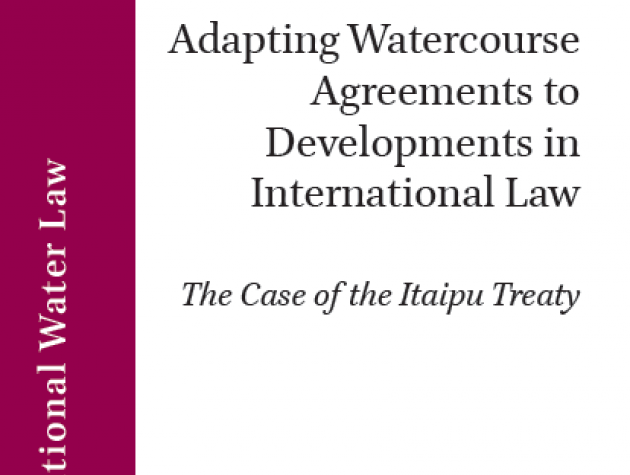GEG WP 2015/106 Bilateral donors in the ‘Beyond Aid’ Agenda: The Importance of Institutional Autonomy for Donor Effectiveness
Abstract
New pressures and demands on traditional bilateral donors are encouraging an examination of their reform and improvement. In this new environment, effective bilateral donors will need the capacity to protect and defend a robust global development agenda domestically within their own governments. This can only be achieved, however, if donors have the right balance of institutional autonomy that allows them to serve such a leadership role.
This paper analyses the various dimensions of institutional autonomy in comparative case studies of three highly regarded bilateral donors — Norway, Sweden, and the United Kingdom. Overall, the paper concludes that greater consideration of donor institutional autonomy can improve bilateral guardianship and stewardship of the global development agenda.
See also:
Bilateral Donors and the Age of the National Interest: What Prospects for Challenge by Development Agencies? in World Development (2017), Volume 96, p 375-389







